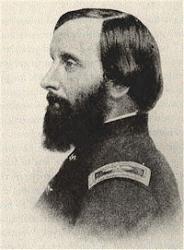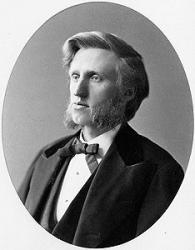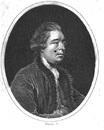1723 - 1795 Author (vs. 1,2,4) of "Lord, now we part in Thy blest name" in Luther League Hymnal Dracup, John, was born in 1723, but the place of birth and circumstances of early life not known. In 1755 he became pastor of the Independent Church at Steep Lane, Sowerby, near Halifax; but in 1772, having apparently changed his views on Baptism, left Steep Lane, and became a minister among the Baptists, first at Kodhill-end, near Todmorden, and then at Rochdale. In 1784, the members of the Independent Church at Steep Lane, having in the interval followed his example and become Baptists, invited him to re-settle among them. This he did, and continued their pastor until his death, May 28, 1795.
In 1787, Mr. Dracup published a small volume of 63 hymns with the title, Hymns and Spiritual Songs, by John Dracup, Minister of the Gospel at Sowerby. Bolton, planted by R. Jackson. Two of these, beginning “Free Grace to every heaven-born soul," and "Thanks to Thy name, 0 Lord, that we," had previously appeared in Lady Huntingdon's Collection, undated ed. cir. 1772, and again in the revised edition of 1780. Both are in Denham's Selection (1837); the former is in Gadsby (1853) and in Stevens's Selection (1881), and the latter in Reed's Hymn Book, 1842, &c. A third hymn of Dracup's, very touching both in sentiment and language, is found in a small Baptist supplementary Selection. It begins, “Once I could say, ‘My God is mine.'" His other hymns have seldom had more than a local use. [Rev. W. R. Stevenson, M.A.]
-- John Julian, Dictionary of Hymnology (1907)
John Dracup


 My Starred Hymns
My Starred Hymns




